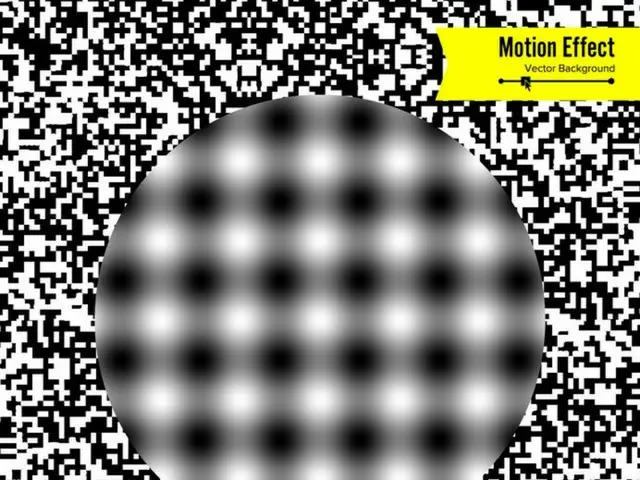On the afternoon of the 8th, participants at the 39th Korean Women's Convention commemorating March 8th World Women's Day held at Cheonggye Square in Seoul, held a speech related to gender equality.
When he explained the case, he was booed. (Photo = Yonhap News) France's major newspaper Le Monde
Monde) was announced on the 7th (local time) at the end of January by American pop star Taylor Swift.
Referring to the controversial obscene photo of Ms. Do that was made up of a composite photo of her face, she said, ``If there's any country that isn't surprised by something like this, it's South Korea.''
"South Korea, which has long been called a 'hidden camera paradise,' is now a 'deepfake heaven,'" Tsunami quipped.
Le Monde has stated that it is illegal for synthetic obscene material to be spread online.
He said that this has been a problem in the country for several years, and that it has already become a daily occurrence. They also point out that the victim was a female singer.
Henry Eider of Dutch deepfake detection company Deeptrace said, ``As of 2019,
In fact, 25% of the world's celebrities who were affected were K-pop stars." Le Monde says, ``Now, five years later, this trend is actually confirmed.''
are doing. Le Monde investigated the five most popular video sites in the field of pornographic deepfakes and found that of the world's 50 most targeted celebrities, more than half (
56%) were Korean celebrities. In contrast, Le Monde analyzes that the global success of K-pop has had such side effects.
K-pop has been exported from East Asia to North America, Europe, and the Middle East and has a growing fan base, so naturally these stars are admired all over the world.
is subject to. Le Monde also reported that sexism in South Korean society and widespread misogyny online are contributing to the spread of such obscene materials. past physical and verbal
Gender-based attacks, which used to be based on physical attacks, have changed to digital methods, and a typical example of this is voyeurism. Choi Mi-ra, who researched this issue at Yale University in the United States, said in this media, ``This is a woman's problem.
``It reflects the paradox of gender hatred,'' and said, ``Men dislike women who try to liberate themselves, but on the other hand, they passionately love women who match the sexual object they imagine themselves to be.'' .
With the addition of deepfake technology to this phenomenon, it has become clear that women are becoming victims of obscene material without even knowing it.
2024/03/09 07:04 KST
Copyrights(C) Edaily wowkorea.jp 107

